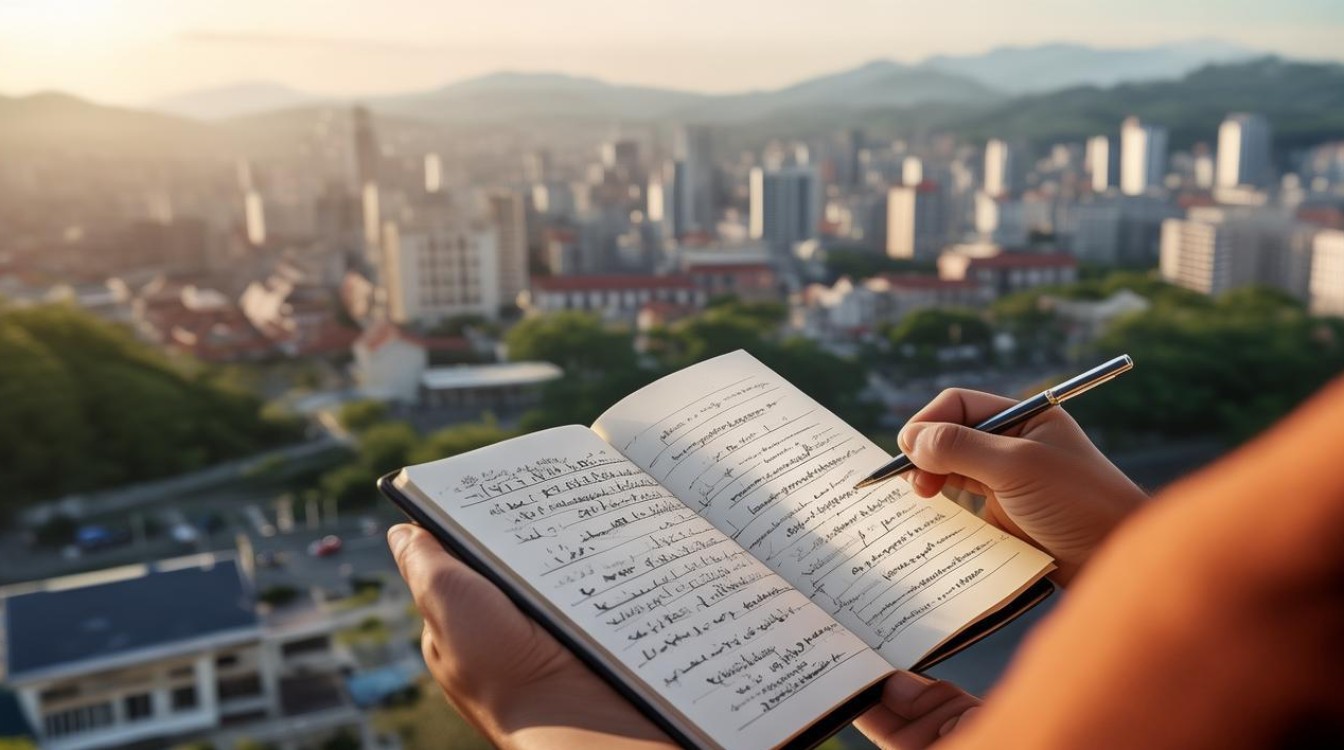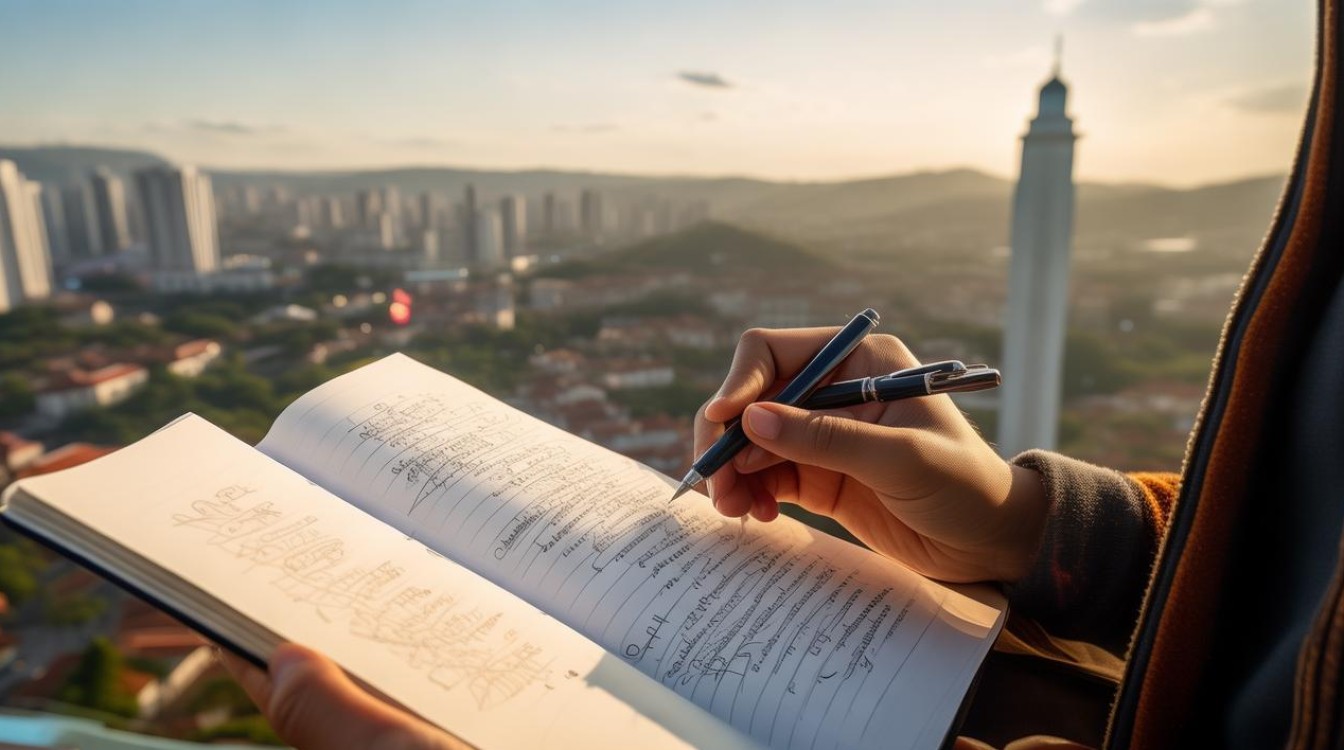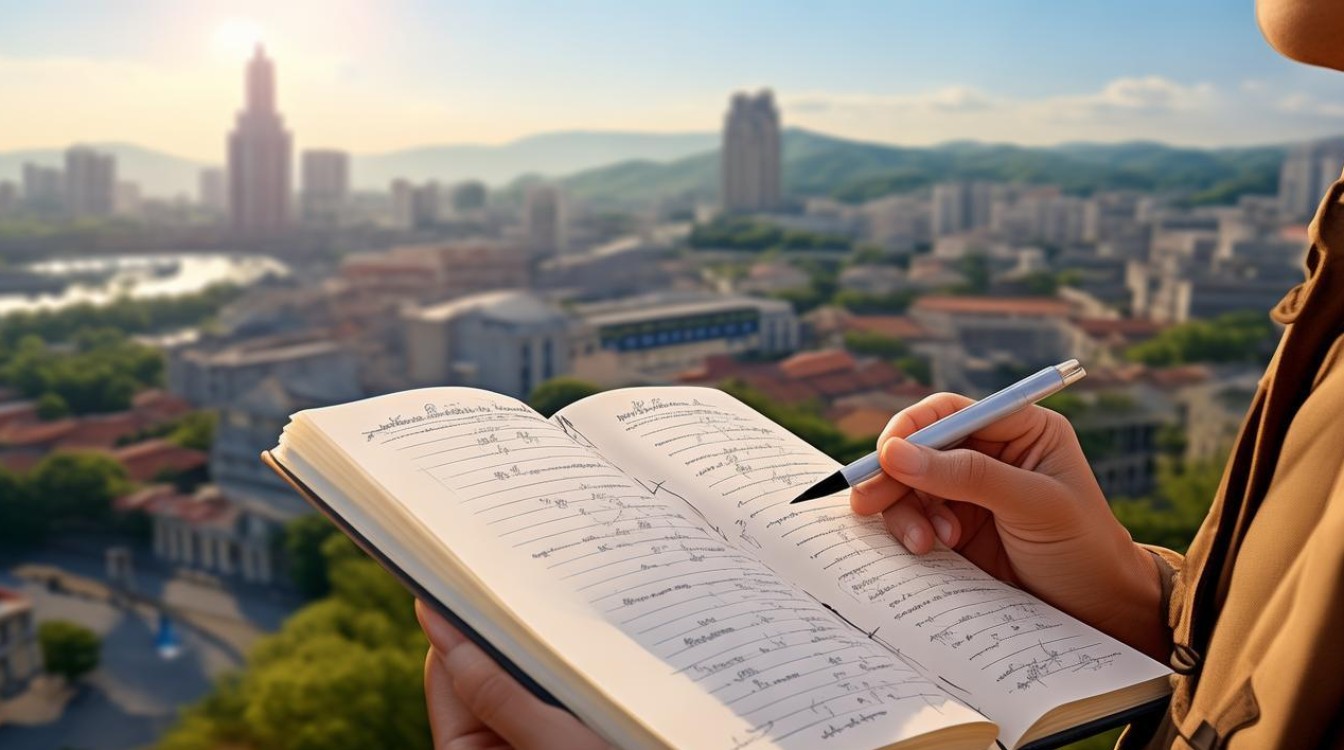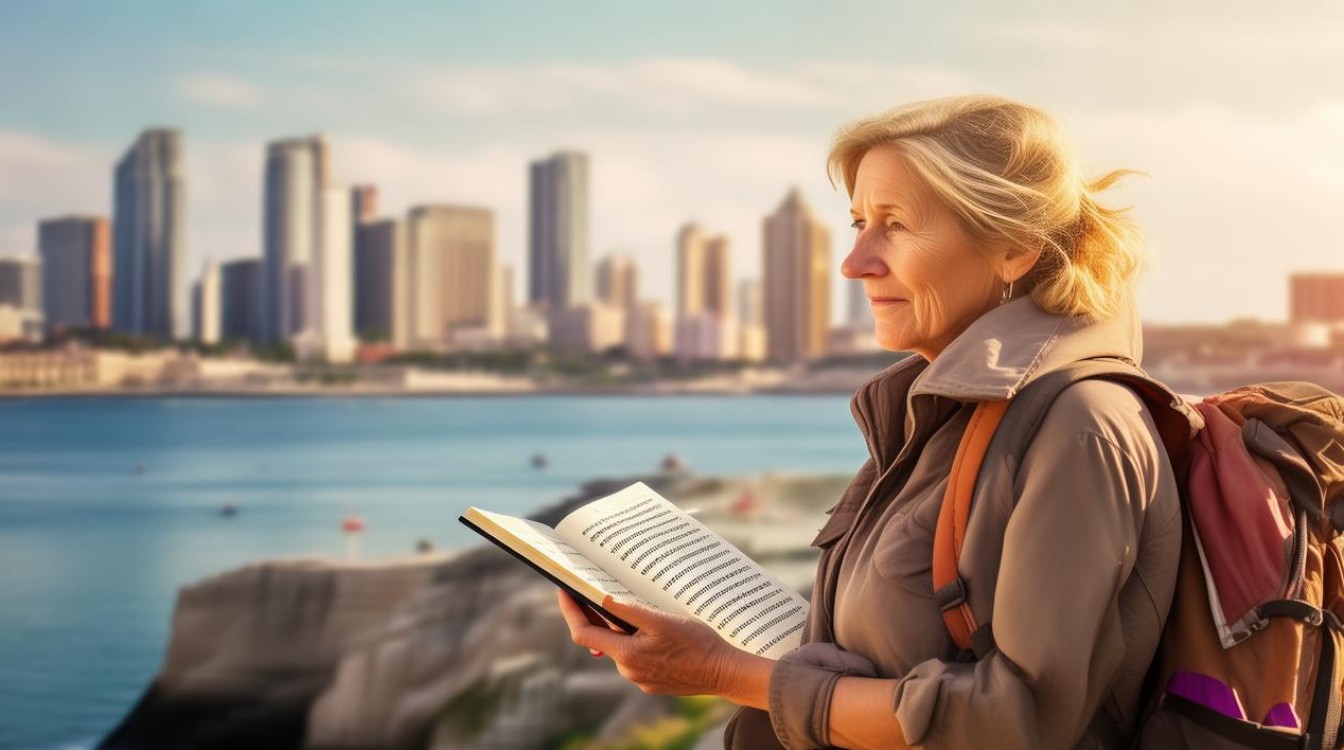Traveling is more than just sightseeing; it’s an opportunity to learn and grow. For students looking to enhance their English writing skills, a study trip to Qingdao offers the perfect blend of cultural immersion and academic inspiration. This coastal city, with its rich history and vibrant atmosphere, provides endless material for crafting compelling English essays. Here’s how a visit to Qingdao can transform your writing abilities.

The Power of Observation
Strong English writing begins with keen observation. Qingdao’s landscapes—from the golden beaches of Huiquan Bay to the red-roofed buildings of Badaguan—are filled with vivid details that can enrich descriptive essays. When you stroll along Zhanqiao Pier or hike up Laoshan Mountain, take notes in English. Describe the sound of waves crashing, the scent of salt in the air, or the way sunlight filters through pine trees. These sensory details make writing more engaging.
Practice turning observations into sentences:
- Weak: The sea is big.
- Strong: The turquoise waves stretch endlessly, merging with the horizon under a vast, cloudless sky.
By refining descriptions, you develop a sharper eye for detail, a skill crucial for narrative and expository writing.
Learning from History and Culture
Qingdao’s colonial past and modern development offer excellent topics for analytical essays. Visiting the Qingdao Beer Museum or the former German Governor’s Residence provides material for historical discussions. Researching these landmarks in English and summarizing their significance helps structure coherent arguments—an essential skill for essay writing.
For example, compare Qingdao’s architectural styles:
- German influence: The stone facades and arched windows reflect early 20th-century European design.
- Modern developments: Skyscrapers like the May Fourth Square symbolize China’s rapid urbanization.
Analyzing contrasts strengthens critical thinking, a cornerstone of persuasive and compare-and-contrast essays.

Expanding Vocabulary Through Experience
Immersing yourself in a new environment naturally builds vocabulary. Label objects, actions, and emotions in English as you explore. Instead of simply calling Tsingtao beer "good," experiment with richer terms: crisp, aromatic, or well-crafted. Menus, street signs, and museum exhibits are all opportunities to discover new words.
Create a travel journal with themed word lists:
- Marine life: tide, seagull, coral, lighthouse
- Urban scenery: boulevard, tram, plaza, spire
A broader lexicon allows for more precise and varied expression in writing.
Structuring Thoughts Clearly
Effective essays require logical flow. Use Qingdao’s landmarks as mental outlines. For instance:
- Introduction (Zhanqiao Pier): Hook the reader with a striking image.
- Body Paragraphs (Badaguan’s villas): Each villa represents a different point or example.
- Conclusion (Laoshan’s summit): End with a reflective or forward-looking thought.
Practicing this structure with local themes makes organizing ideas intuitive.
Engaging with Locals for Authentic Language
Conversations with residents or fellow travelers provide real-world language practice. Ordering haixian jiaozi (seafood dumplings) in English or asking for directions improves fluency. These interactions teach natural phrasing and idioms, making your writing sound more authentic.

For example:
- Textbook phrase: It is raining heavily.
- Colloquial alternative: It’s pouring down!
Authentic dialogue enhances narrative essays and personal reflections.
Drawing Personal Connections
The best essays resonate emotionally. Reflect on how Qingdao’s experiences relate to broader themes—ambition, heritage, or environmental conservation. A visit to Xiaoyushan Park might inspire thoughts on tranquility, while the Qingdao Underwater World could spark curiosity about marine ecosystems.
Ask yourself:
- How does this place make me feel?
- What does it remind me of?
Personal insights add depth and originality to writing.
Practical Writing Exercises
Turn experiences into short assignments:

- Postcard Practice: Write a 100-word snapshot of a location.
- Travel Blog Entry: Draft a diary-style piece about your day.
- Comparative Analysis: Contrast two cultural sites.
Regular practice solidifies skills gained during the trip.
A journey through Qingdao is more than a getaway—it’s a workshop for honing English writing. By observing intently, analyzing deeply, and reflecting personally, every street and shoreline becomes a lesson in eloquence. The key is to carry this mindset beyond the trip, letting curiosity and discipline shape you into a more confident writer.











